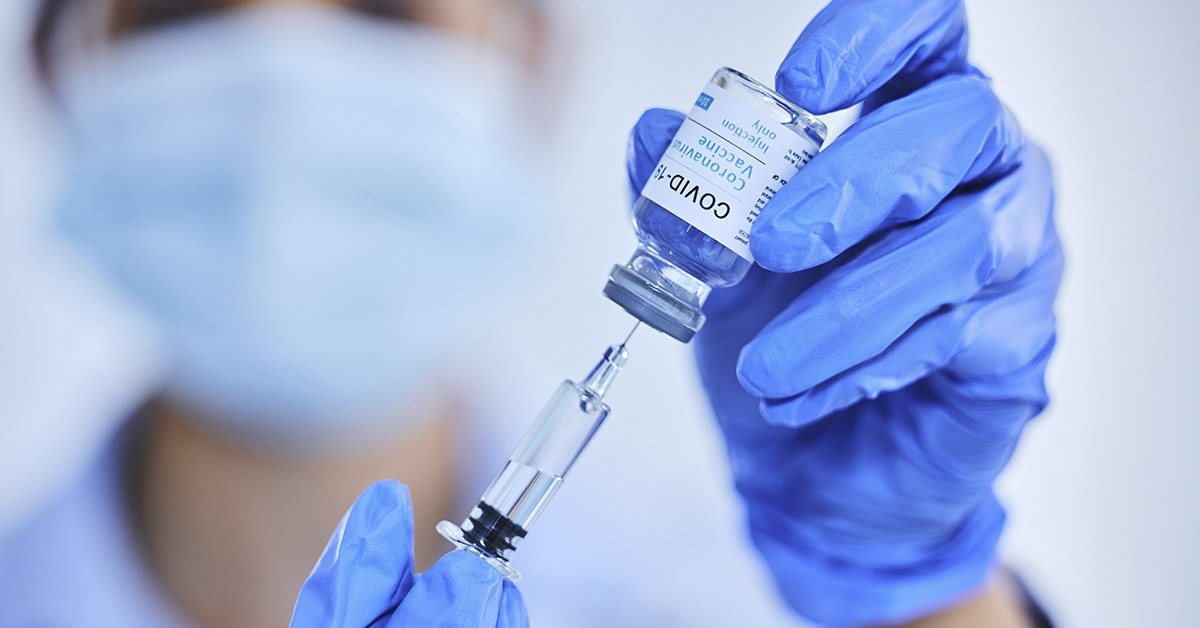When the COVID-19 pandemic began and we were all closed up in our homes and apartments, it was all we could do but dream of being able to go out and be with people again. When the vaccine, which had already been under development for many years, got fast-tracked, the majority of people jumped at the chance. The vaccine meant freedom – back to school, back to sports, back to shopping in person, eating in restaurants, going to concerts, and just in general the first step to getting back to normal. Recently, however, health experts have raised concerns about the declining rates of COVID-19 vaccination rate, both in the United States and around the world.This worrying trend has prompted discussions within the healthcare community about the potential repercussions and underlying causes of this shift in vaccination behavior.
Decrease in COVID-19 Vaccination Rates
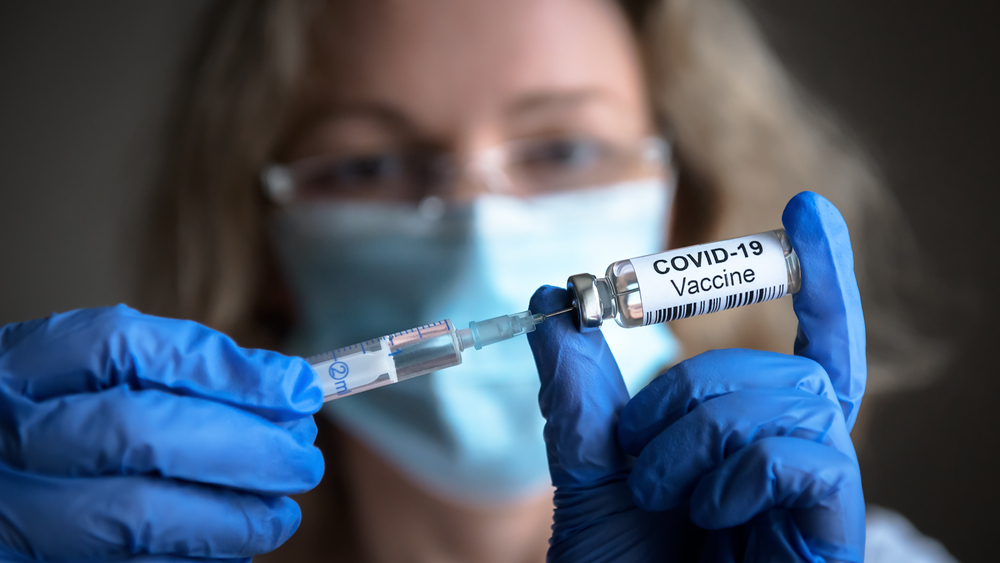
The Center for Disease Control and Prevention (CDC) has recently released data showing a significant decrease of the number of adults in the United States receiving the COVID-19 vaccination. The vaccine, similar to the flu vaccine, is one that decreases in effectiveness over time and therefore requires a booster every so often. Only about 38% of adults have received up-to-date COVID vaccinations, with some states, such as Texas, only being as low as 23%. What’s just as concerning is that vaccination rates for other preventable diseases, such as the flu or measles, have also been on the decline since 2019.
Drivers of Vaccine Hesitancy

The big question is what is causing so much vaccine hesitancy across the United States? This is a phenomenon that has been gaining momentum since even before the 2019 pandemic, and has only seemed to increase since then. Experts believe that the number one driving factor is the proliferation of misinformation and false narratives online. This existed before but truly exploded during the pandemic, from some major media outlets, but principally on social media. The sheer abundance of misleading information online and the intense focus on COVID-19 vaccines in the media have contributed to an atmosphere of doubt and reluctance towards vaccination.
Impact of Misinformation
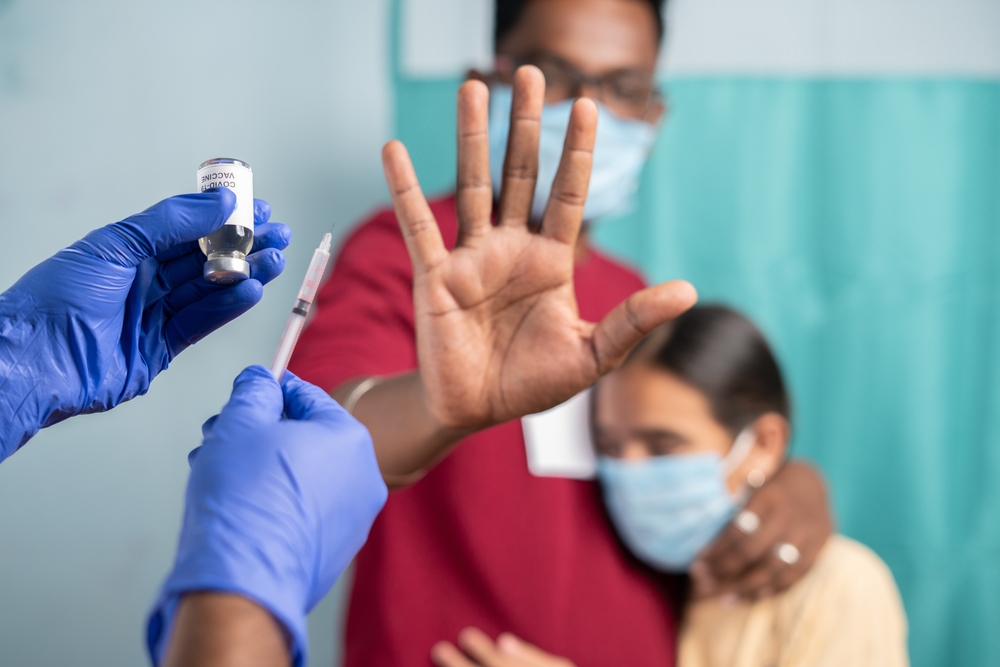
Misinformation is a beast that gets worse the more you feed it. What’s worse, is that social media algorithms naturally boost content that gets traction, and so it becomes a cycle of incorrect information being spread around and around, showing up in more and more people’s feeds. The spread of misinformation has played a significant role in shaping public perceptions about vaccines. It has doubly eroded trust in vaccination efforts and public health officials. False narratives and conspiracy theories have sowed seeds of doubt among individuals, leading to hesitancy towards all types of vaccines. This includes COVID boosters as well as for other formerly preventable diseases. The situation is dire and has left many health officials and experts questioning: Where did we go wrong? When did other people’s voices and false information become louder than our own? Some experts think the issue is that they didn’t ensure that the public understood vaccines in the same way that they, the experts, do.
“I think one of the lessons learned is that we have to ensure that the public understands it like we do,” said Dr. Claire Bocchini, an infectious disease specialist with Texas Children’s Hospital in Houston. “We don’t want to oversell something to try to reach a public health goal.”
The Truth About the COVID Vaccine

So, what’s the truth about vaccines, and more specifically, the COVID-19 vaccine? One of the biggest concerns the public has is how seemingly quickly the vaccine was developed. President Trump’s Project Warp Speed made many people question whether or not the proper due diligence was taken to ensure vaccine safety. What many people don’t know is that vaccines for this type of virus (a Sars virus) had already been in development for a decade or more. Emergency measures were taken during the pandemic to take this decades-long research and provide scientists with the resources to do work that normally would take years in a matter of months.
One area where people felt ‘deceived’, but it was actually a lack of communication, was in how the vaccine actually worked. Many people felt led to believe that the vaccine would stop the transmission of COVID-19. The reality is that, no, it does not stop the transmission of the disease. What it does is provide your immune system with the tools to fight it off. This means that you may contract the virus but not get sick because your immune system takes care of it, or (the most likely scenario), you may still get COVID but instead of ending up intubated in the hospital, you’ll just have a moderate cold. This wasn’t well-communicated to the public, leading them to become distrustful of health officials after people got vaccinated but then still got sick.
Importance of Vaccination
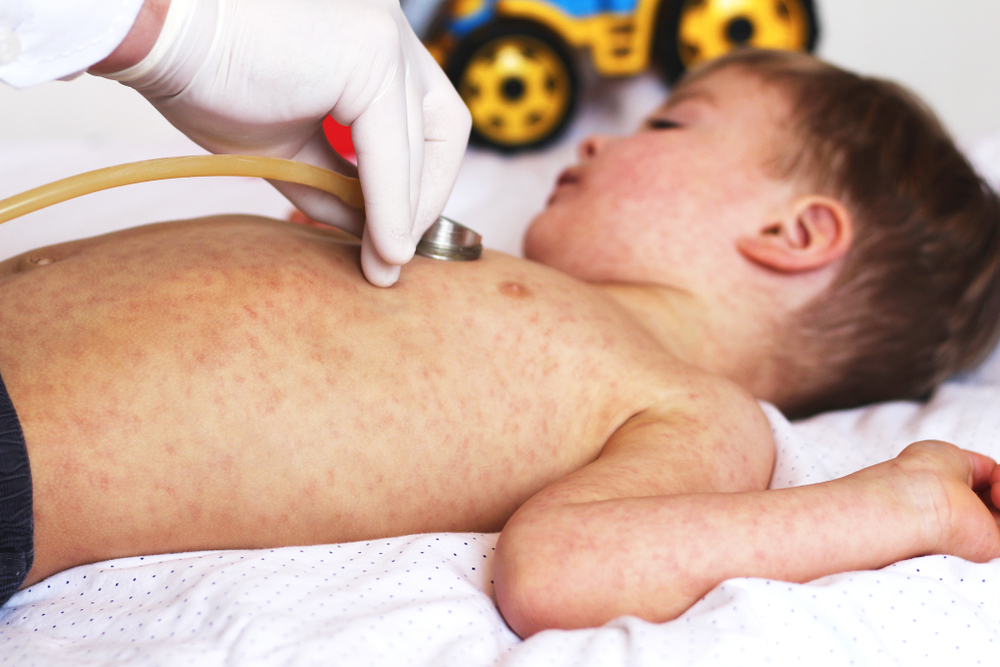
Another common dialogue with vaccines in general is whether or not they contribute to autism. This theory has been debunked countless times by an enormous amount of scientific research. Despite this, many people online, including influencers with large followings, continue to proliferate this conspiracy theory online. Health experts continue to emphasize the critical importance of vaccination in protecting both individual and public health. Vaccines are essential tools in preventing the spread of infectious diseases, reducing the severity of illnesses, and protecting vulnerable populations. The effectiveness of the COVID-19 vaccine in lowering the rates of severe illness and mortality underscores the importance of widespread vaccination to achieve herd immunity and control the spread of the virus.
On top of this, the distrust in vaccines has led previously eradicated illnesses to make a comeback. For example, measles, which can cause developmental problems and even death in children, was essentially a non-threat in the United States thanks to the development of the measles vaccine. As parents’ trust in vaccines has waned due to misinformation, this disease has made a terrifying comeback. Already there have been severe cases and even child deaths because of the measles – something that the United States hasn’t seen for a very long time.
Educational Initiatives to Combat Hesitancy

Education is the first step to re-gaining public trust and helping them to realize that vaccines save public health, not harm it. There are already educational campaigns and initiatives aimed at dispelling myths and providing accurate information about vaccines. These are crucial for addressing the vaccine hesitancy that has gained steam in the last few years. By promoting science-based information and fostering open dialogue about the benefits of vaccination, healthcare professionals can help individuals make informed decisions about their health and well-being.
Ensuring Access to Vaccines
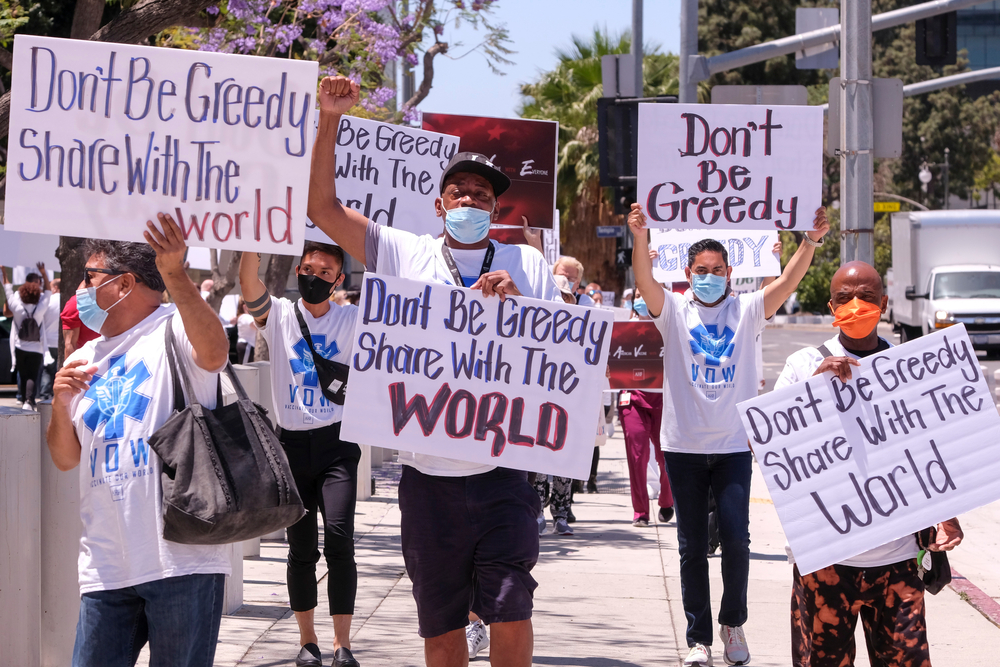
It’s not just enough to educate people about vaccines and encourage them to get them. There also needs to be equitable access to encourage vaccination uptake among all segments of the population. This means addressing barriers such as vaccine distribution, access to healthcare facilities, and vaccine affordability so that everyone is able to not only learn about the importance of vaccination, but to be able to get vaccinated themselves.
Strengthening Trust in Healthcare System

As said already, public trust in the healthcare system must be rebuilt. The only way to do this is by fostering transparent communication between healthcare providers and the public. There needs to be community engagement, where experts actually address people’s concerns by fully explaining the research, how vaccines work, how they are developed, and so on. Simply stating “that has been disproven x number of times”, the public needs to be given more thorough information. Only this way will trust be rebuilt.
Prioritizing Public Health Through Vaccination
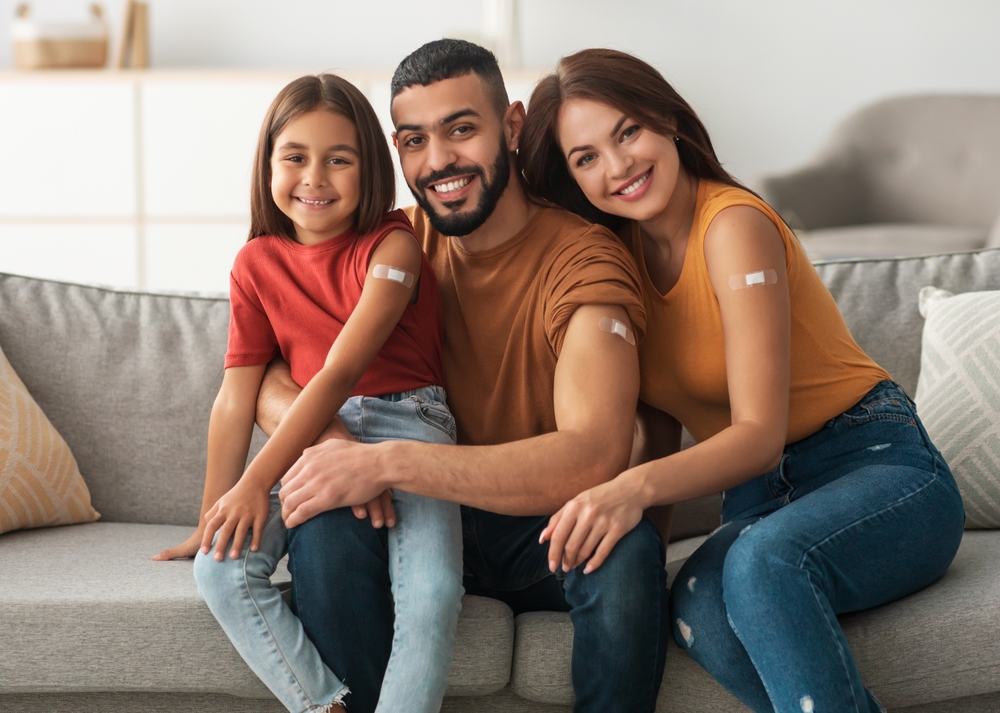
Health experts are expressing their concerns over declining vaccination rates, but it is also in the hands of these experts to regain public trust and get more people on board with vaccination. It is imperative that people really learn the importance of vaccines and understand well how they work, so that they can ease their fears surrounding vaccine safety. By combating misinformation, promoting education, and ensuring equitable access to vaccines, we can work towards building a healthier and more resilient society that is protected from preventable diseases.
Read More: Emerging COVID Variant NB.1.8.1 Identified in California and Multiple States
